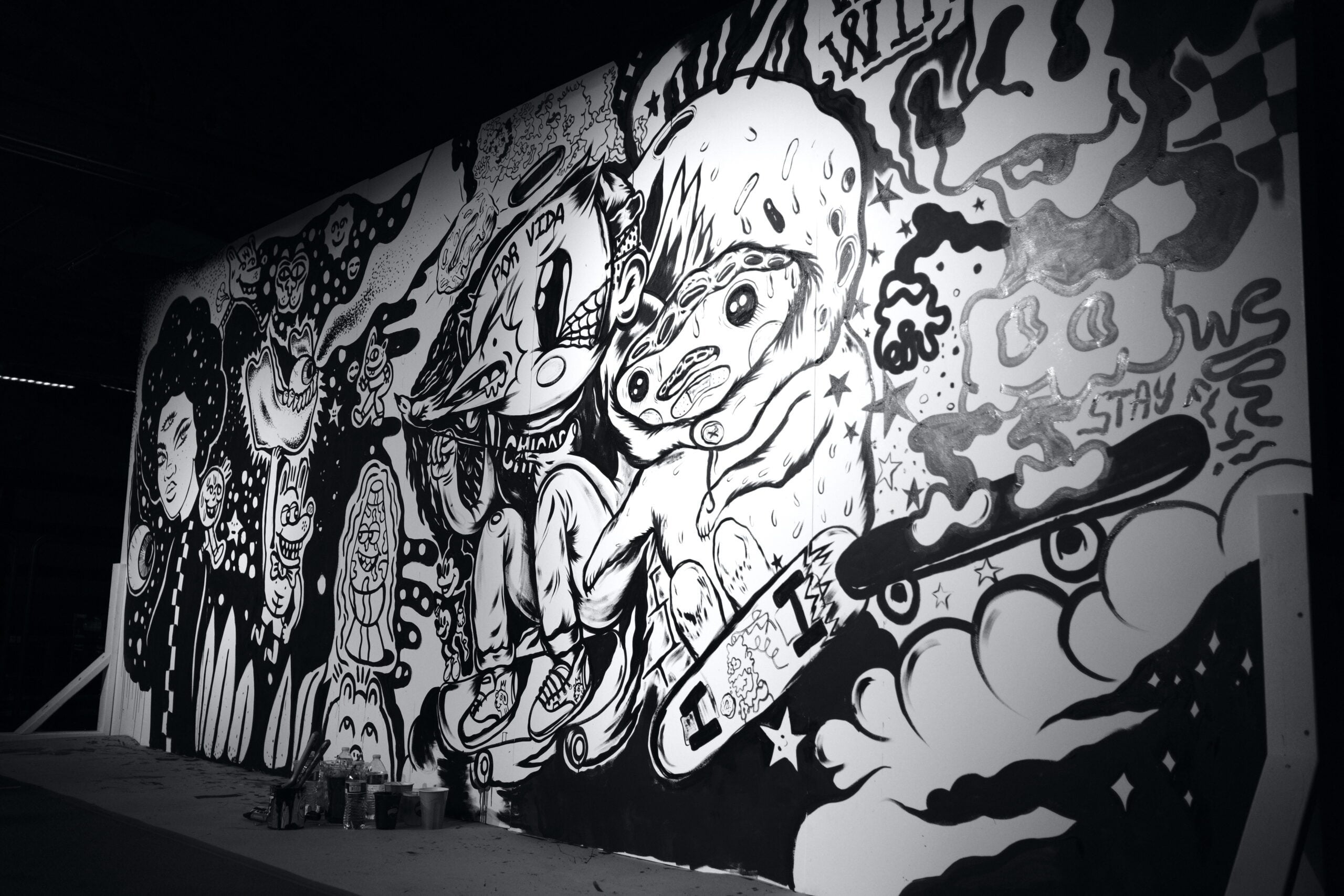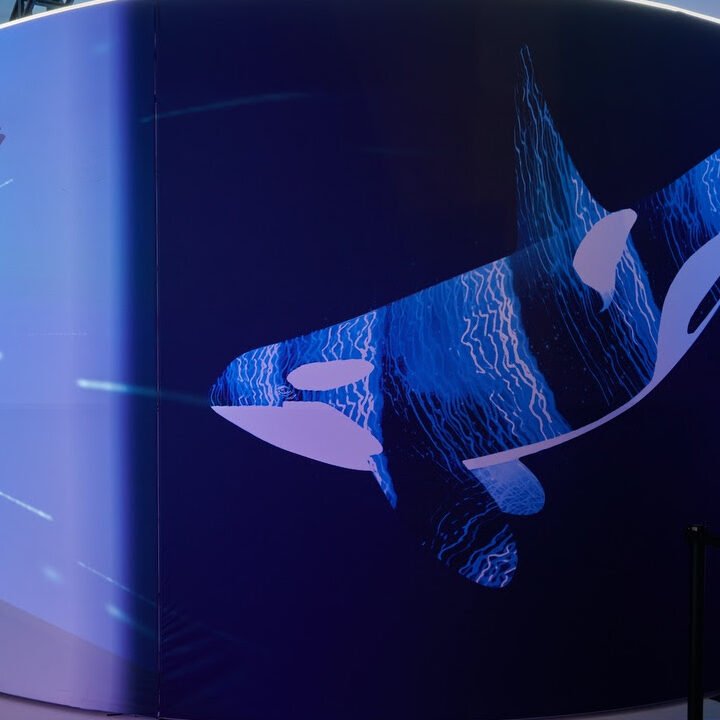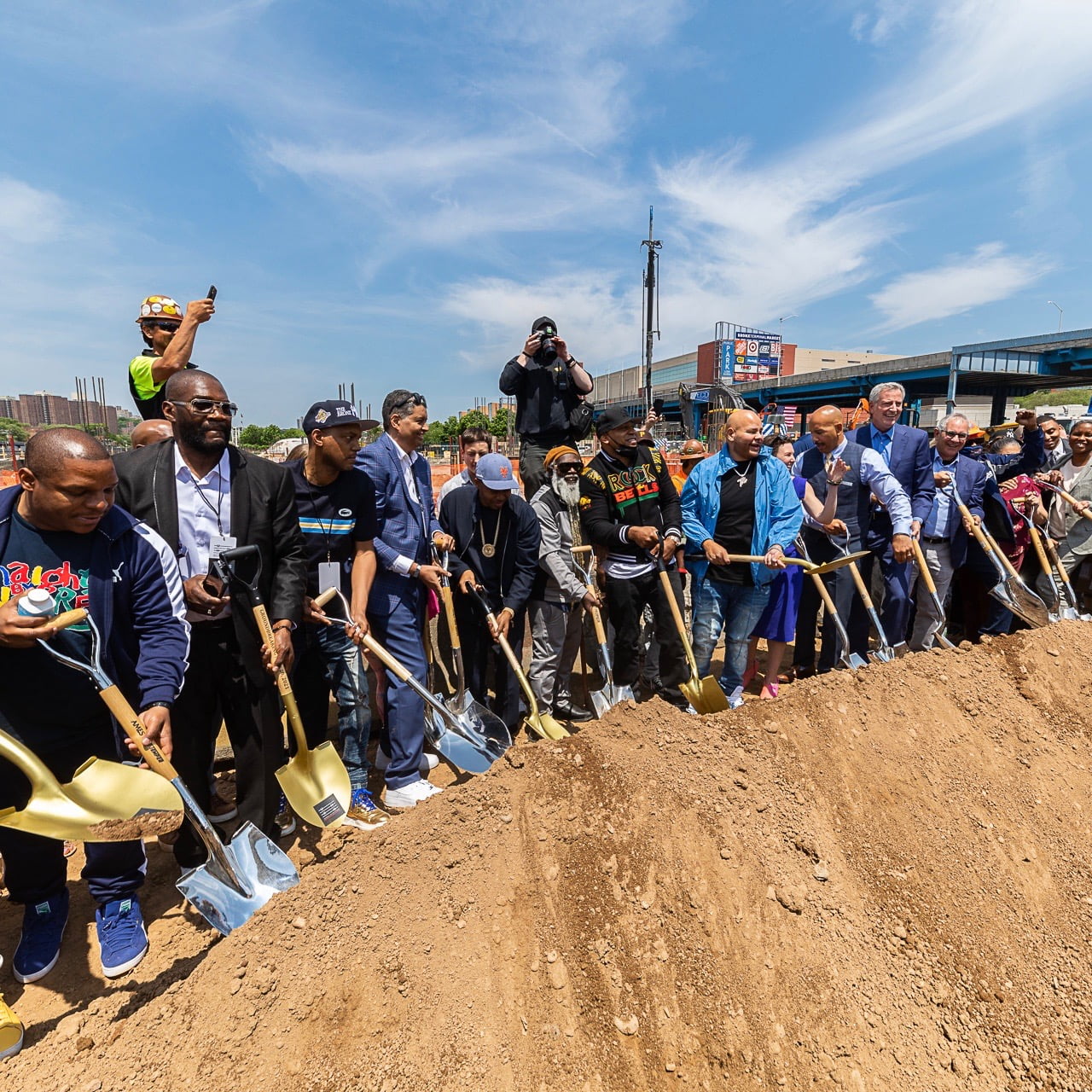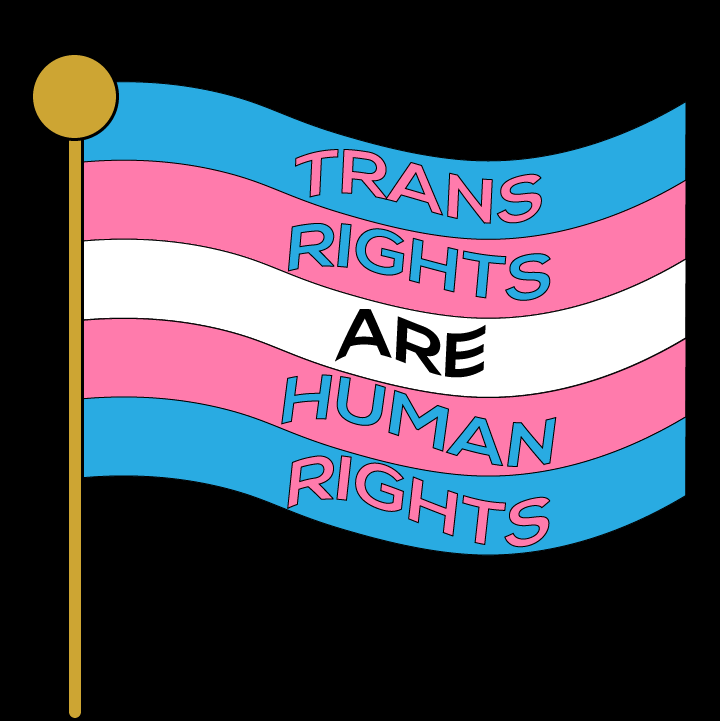Secret Walls, an art and entertainment brand, announces their first-ever Support Your Local Artist Tour. The tour will be a multi-city tour bringing renowned art pieces and design battles across North America. Each spot will depict different illustrations from the local talent followed by a head-to-head art scrabble competing for Secret Walls Glory. To kick […]















